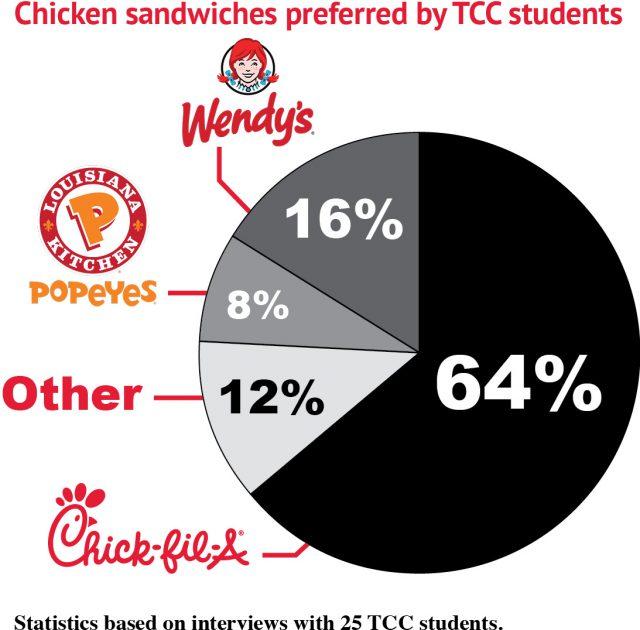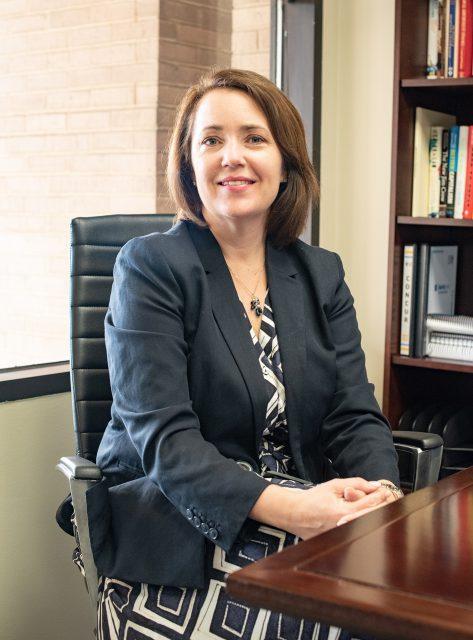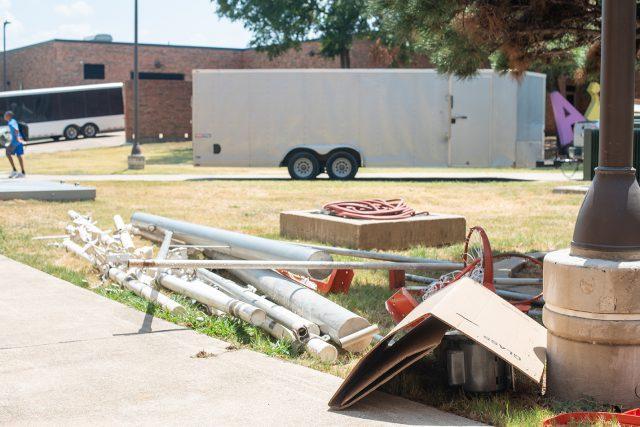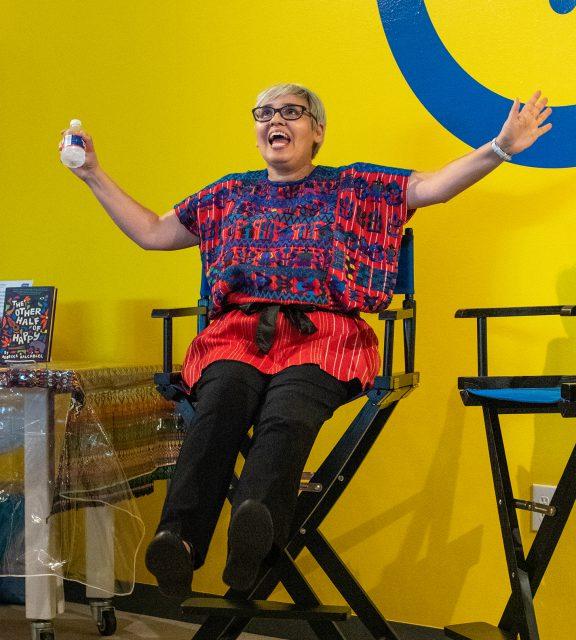By Juan Ibarra/editor-in-chief
Taking only an online classes is so common in 2019 that it’s hard to believe not too long ago, it was once not a possibility at TCC. The fall semester of 2014 welcomed the introduction to Connect Campus, TCC’s purely online counterpart to the traditional in-school setting.
Five years later, Connect Campus stands on it’s own as a single campus, and provides school to thousands of students who are unavailable to go to a physical campus.
Connect president Carlos Morales has been with the campus since it’s conception, and he maintains a firm view on the positives on why students choose Connect over any other campus.
“Online learning, by default, provides for more vibrant learning environments through the utilization of multimedia objects (audio and video), gaming and library resources,” Morales said. “There is convenience because there is no travel time, no need to haggle for a parking space, which these amount to savings of the overall cost of education.”
While Connect classes seem relatively simple and easy to use now, in the beginning there were a lot of questions about the way the campus would work, one of these questions pertained to infrastructure.
According to “TCC: The First Half Century” by Bill Lace, Morales and the other campus presidents had a rough transition as they were preparing for the launch of Connect Campus.
The responsibilities for the full-time faculty was being split between the campuses and TCC Connect, said Lace in his book.
The rough start to Connect Campus was only temporary as in Feb. 2015, one semester into Connect Campus, it was reported that 15,260 students were enrolled in Connect.
“In the fall, there was still a little bit of angst on the part of the faculty, and they were kind of opting out,” said Joy Gates Black in Lace’s book. “Now that they’ve settled down and they see that TCC Connect is still a part of TCC, they’re willing to teach. In the spring, we did not have problems”
Although the rough transition seemed worrisome, it ended up coming together and to this day still remains to be the largest campus in terms of enrollment.
The largest success of the campus has been the ability to reach students who were previously unable to take classes at TCC.
“The creation of flexible learning opportunities for those students that cannot come physically to campus, Morales said. “The satisfaction of being a facilitator of students’ goal of obtaining a higher education credential by bringing the college to them”
Former TCC Connect Student Rebekah Winkler received her degree within a year and a half, and is grateful for Connect Campus being around, as her associate’s degree might not have been possible.
“I probably would have ended up dropping out if it weren’t for all of my online-only classes.
Her success at TCC stemmed from the ability to take online classes, however it wasn’t always easy.
“Having to carve out the extra time to learn the material versus being in a classroom to learn it was a challenge, but I got it down.”
NE associate professor of government Doris Jones watched the evolution of online classes at TCC grow from independent classes to the structural change with Connect Campus.
“We used to just have the director of distance learning, and that’s even a throwback to when we did the iTV courses on television,” Jones said.
The evolution of off-campus classes at TCC has a long history, from correspondence in which students would physically mail their work back and forth to the aforementioned iTV courses that students participated in by watching TV.
However, now the future of off-campus classes is in online and digital. Connect Campus is the first time a larger structure was brought to the campus.

































